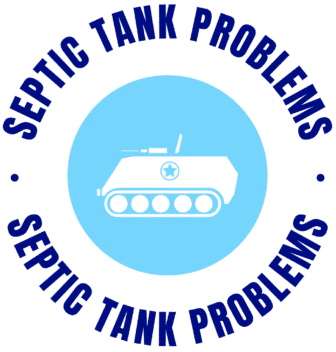Being conscious of the environment and of general health is given emphasis these days. It is vital for everyone especially homeowners to participate in contributing a lot to the cause of Green Living. Through eco-friendly practices, homeowners like you should be able to live harmoniously in your chosen environment. One of the most vital tasks that you should consider is keeping groundwater away from drain field lines. Groundwater is the main source of clean, drinking water for most residents in the US. This is water found within layers of rock underneath the earth. It is naturally filtered. With this, groundwater should be protected from any type of hazardous contaminant or pathogen. It also naturally seeps into the ground and goes back to the surface. The task of separating groundwater from drain field lines can be done with a lot of discipline and cooperation from the members of your household.
The drain field lines are part of your septic system. It is a crucial component of the drain field because it distributes the pre-treated effluent evenly throughout the drain field. Here, the effluent will be made into a safe and purified form before it is finally returned to the surrounding environment. The drain field lines have perforated pipes that allow for more even effluent distribution. To make sure that the groundwater is safe from any contamination from the drain field lines, you have to observe the following practices:
Follow the pump out schedule set with your septic expert. This will eliminate possible sludge build up on a regular basis. If the sludge in your septic tank is removed regularly, the solid waste particles should not get into the drain field lines to clog them. Not adhering to the pump out schedule allows the solid waste particles to accumulate and clog the drain field lines. When this happens, the effluent will back up into the tank and into your home. It will even overflow, making it possible for the groundwater to be contaminated.
Relocate the heavy structures and vehicles from your drain field. The heavy weight of these vehicles and structures will damage the drain field lines. The pipes will crack and leaking will ensue. The effluent that leaks out will merge with the groundwater, contaminating it with toxic chemicals and pathogens. Never treat your drain field as a driveway or a storage space.
?
Refrain from using harmful chemicals in your drains and toilets. These compounds kill the resident bacteria in your septic system. If they are killed off, the solid waste particles won’t be degraded and the wastewater will not be treated. The septic tank will just overflow and the entire system will be clogged. The untreated wastewater will then seep into the groundwater, contaminating it with the harsh chemicals and toxic substances.
?
Do not let non-biodegradable materials enter the septic system. These substances cannot be broken down by the resident bacteria. They will build up in the septic tank and clog the system. The raw wastewater will overflow and backflow, enabling it to mix with the groundwater.
?
Be mindful of your water usage. You and your household should not let too much water be dumped into the septic system. The sudden entrance of water pressure will stir the solid waste particles and delay their decomposition. The particles end up in the drain field, clogging the drain field lines.
It is your responsibility to make sure that the groundwater is safe from any form of contaminant. A major thing to do is to keep your wastewater treated efficiently so that the groundwater won’t be mixed with toxic substances, harmful chemicals, and pathogens that could easily cause epidemics in the area. If you detect anything wrong with your septic system or drain field lines, it is best to seek your septic expert’s advice and help.
